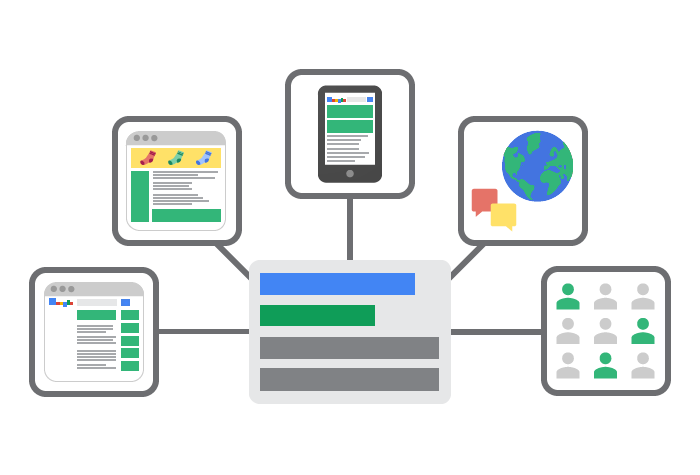The Google Penguin update has made many people wondering the best SEO practices to survive in the future. Google seems does not care the hat you are wearing because both black hat and white hat players become the victims of the Penguin. If you want your sites to survive from the Penguin, here are several changes that you have to implement immediately.
1. Manage your link profile
Having too many low quality inbound links will only harm your sites, especially if those low quality links have matching anchor texts. To stay safe, you have to make sure that only 50 percent of all inbound links are using matching targeted anchor texts. Before you start your link building campaigns, you have to consider the distribution of your targeted anchor texts, distribution of page and domain authority, and distribution of the link type such as comment, article, directory, etc.
2. Get quality links
You might have known that Google and other search engines often ignore low quality links. Those search engines only give credit to your sites if you garner quality links. So if you are still farming low quality links, you’d better stop that and focus your effort to get quality links. Remember, quality links will not only make your sites to have good rank, but they are your business assets. Here are several criteria of quality links:
– The links come from reputable organizations, sites, brands or people.
– The links are placed in the content of a page.
– The links come from a page that has many inbound links.
3. Noindex low quality pages
Duplicate content is a serious issue and you have to make sure that your sites do not have duplicate content. Knowing all the pages in your sites is the best way to avoid duplicate content. If some of the pages in your sites have low quality, it is better to noindex them. Although it is truly a hard work if your sites already have thousands of indexed pages, you have to do it if you want your sites to last.
4. Do not change your URLs
Changing URLs is a common practice. New apps, new platforms and new designs are some of the reasons that make people change URLs. Unfortunately, this common practice can cause serious damage to your sites so you have to avoid it. If you really have to change some URLs, using the 301 redirect is the safest option.
5. Monitor your SEO
SEO is not a one-time project, but it is an ongoing project that you have to monitor frequently. There are three SEO areas that you have to monitor consistently: traffic drops, sites’ uptime and noindex pages. To monitor traffic drops, you can use the custom alerts from Google Analytics. Using service from Pingdom is a good option to monitor your sites’ uptime.
6. Perform inbound marketing
If you have completed the above steps, the next step to perform is inbound marketing. The main principle of inbound marketing is to reach visitors from various other places such as mailing list. Although organic traffic is important, inbound marketing can also provide your sites with quality visitors.
This is a guest post from Tom who writes for www.make-a-web-site.com on the topic of how to create a website from scratch
6 Essential Tips For Doing SEO After Penguin Update




